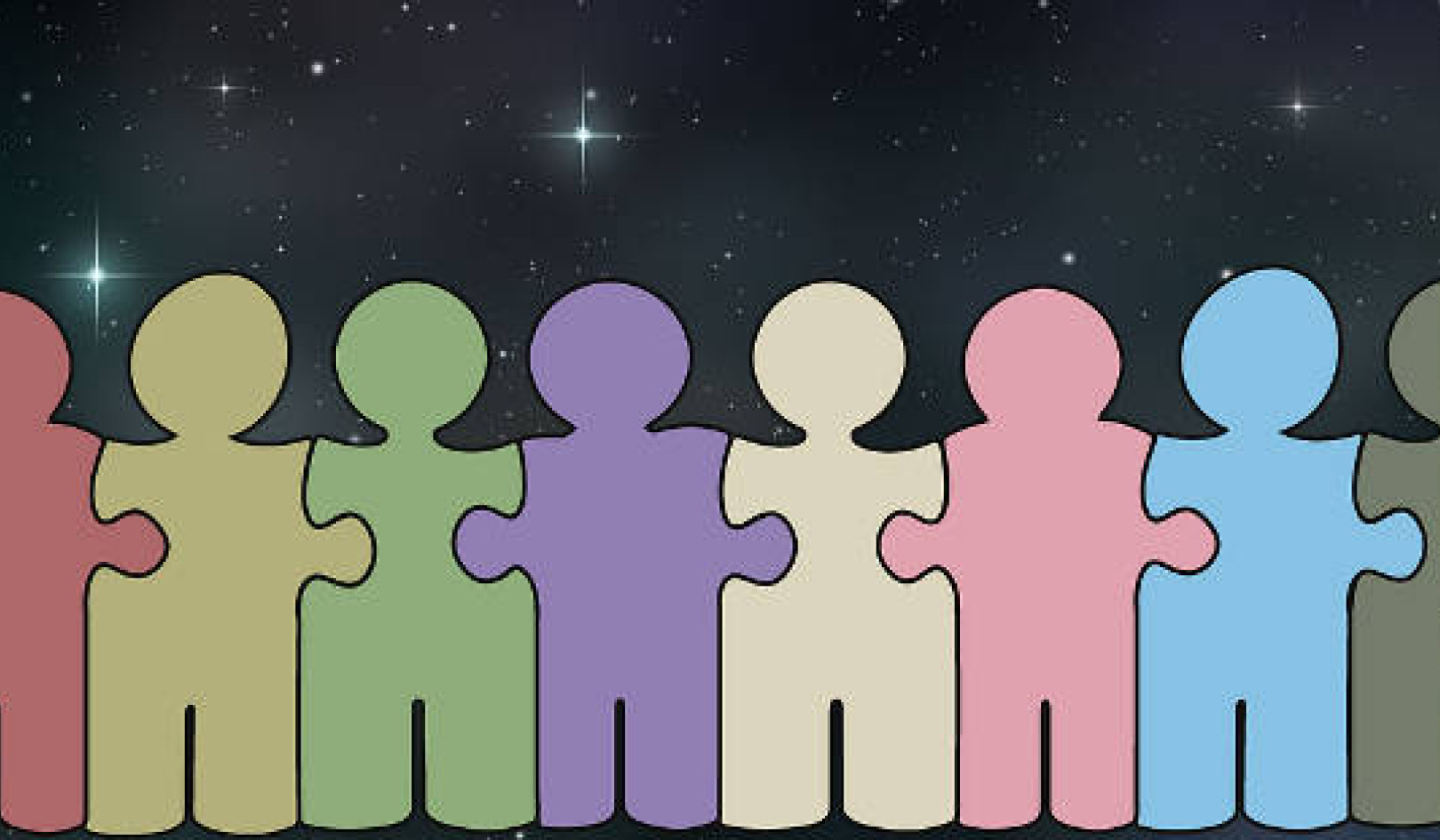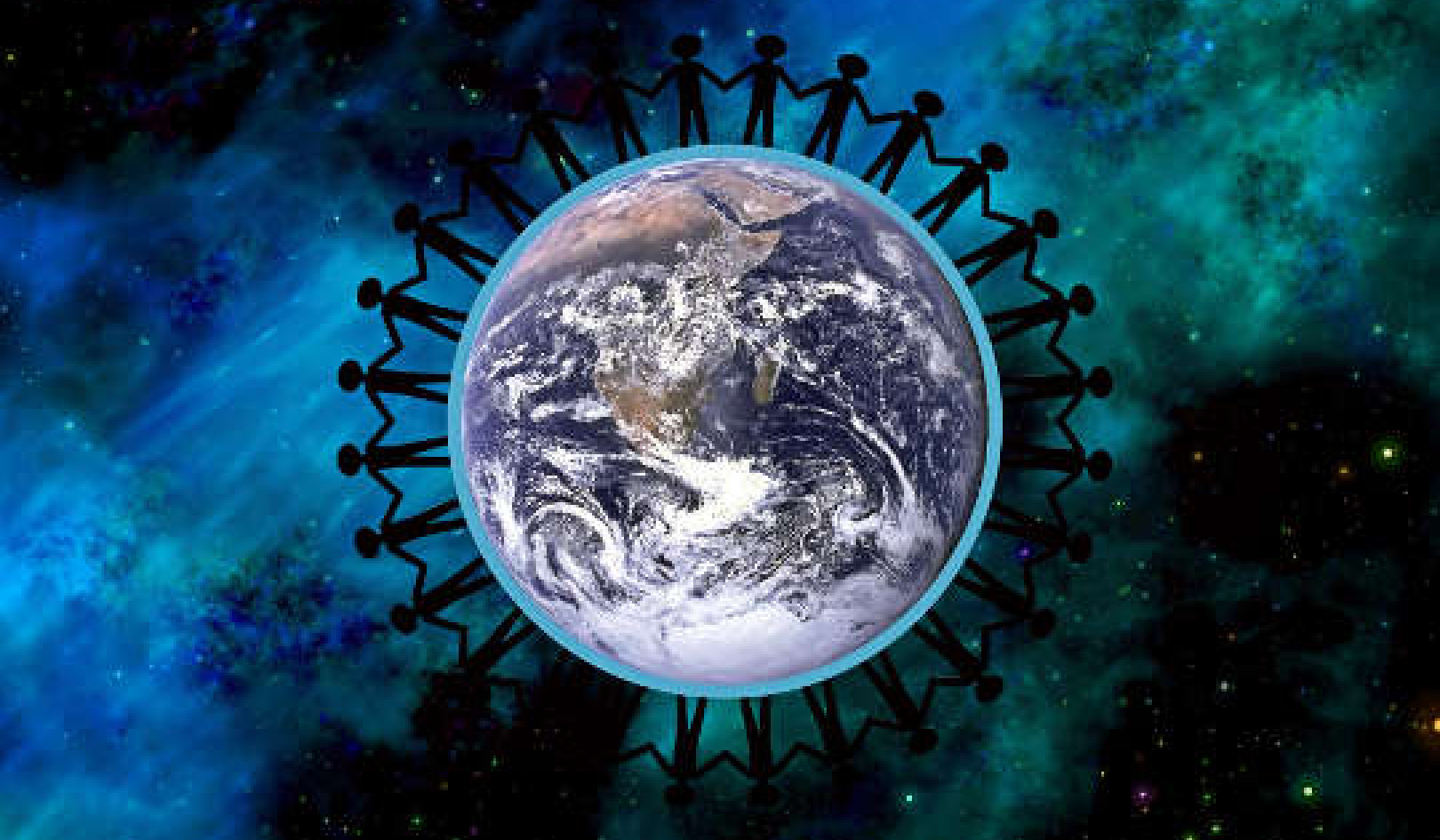
"Instead of relying blindly on advice from self-help authors about how to be happy, get to know yourself—what your brain/mind is like, how it works, and how it interacts with the world—and you'll be in a better position to decide for yourself," says Shimon Edelman. (Credit: Shari Alisha/Flickr)
The finding, from simulated generations of evolution in a computational model, supports ancient philosophical insights from China, Greece, and India that encourage cultivating long-term contentment—not the fleeting joys of instant gratification.
“In an evolutionary sense, you have to evaluate your life on the basis of more than what happened just now. Because usually what happens right now is you go hungry,” says Shimon Edelman, professor of psychology at Cornell University and a coauthor of the study in PLOS ONE.
The “agents” or simulated actors that survived to produce offspring in the researchers’ model were the ones that attached more weight to longer-term happiness than to momentary happiness, especially when food was scarce. They also “remembered” past happiness for a longer period of time than their less-successful counterparts.
No matter whether food was abundant or scarce, the agents that had a more positive outlook—attaching more importance to upswings in their situations than to downswings—also were more evolutionarily fit. Their counterparts that gave more attention to short-term joy and a negative attitude died off.
And when agents compared their food resources with their friends’, they did worse when food was abundant.
“It may indeed be advisable, at least under conditions of scarcity or adversity, to focus on longer-term well-being or contentment over momentary pleasures and to be less envious of one’s neighbors. Also, in general, it may be wise to mark happy events more than unhappy ones,” Edelman says.
Edelman is coauthor with Yue Gao, a doctoral candidate who recently defended her dissertation in computer science.
Gao and Edelman based their study on an integrative computational framework for understanding the brain/mind, in which minds are seen as bundles of computational processes implemented by embodied and physically and socially situated brains. The computational framework enables researchers to test explicit functional models of emotions.
Gao and Edelman set out to discover in what proportion immediate versus longer-term happiness would be evolutionarily advantageous. “Our hypothesis was, giving more weight to longer-terms considerations like life satisfaction, or at least a longer period than just right now, would be advantageous, at least in some conditions,” Edelman says.
So they wrote an algorithm in which agents with combinations of traits foraged for food in four types of simulated terrain over the course of six experiments. The traits included positive or negative outlooks, an emphasis on either short-term (hedonic) or long-term (eudaimonic) happiness, and a tendency or an aversion to comparing performance to that of friends. Each type of terrain had a different distribution of food, from a random and scarce pattern to a more clustered and abundant distribution.
Edelman and Gao populated each environment with 400 agents in each generation for 40 generations and repeated each of the six experiments 10 times.
After a set number of cycles, each agent in the top half of performers was allowed to produce offspring that formed the next generation of agents. The bottom 50 percent was terminated. In this way, the researchers assessed the effectiveness of traits by tracking their prevalence in the population over evolutionary time.
The researchers also found the only situation in which those with a more conservative outlook had a higher level of evolutionary fitness was a harsh environment, in which poison was distributed along with food.
What does the study say for those who seek a clear path to happiness?
Know thyself, Edelman says.
“Instead of relying blindly on advice from self-help authors about how to be happy, get to know yourself—what your brain/mind is like, how it works, and how it interacts with the world—and you’ll be in a better position to decide for yourself,” Edelman says.
Source: Cornell University
Related Books
at

Thanks for visiting InnerSelf.com, where there are 20,000+ life-altering articles promoting "New Attitudes and New Possibilities." All articles are translated into 30+ languages. Subscribe to InnerSelf Magazine, published weekly, and Marie T Russell's Daily Inspiration. InnerSelf Magazine has been published since 1985.

Thanks for visiting InnerSelf.com, where there are 20,000+ life-altering articles promoting "New Attitudes and New Possibilities." All articles are translated into 30+ languages. Subscribe to InnerSelf Magazine, published weekly, and Marie T Russell's Daily Inspiration. InnerSelf Magazine has been published since 1985.

























